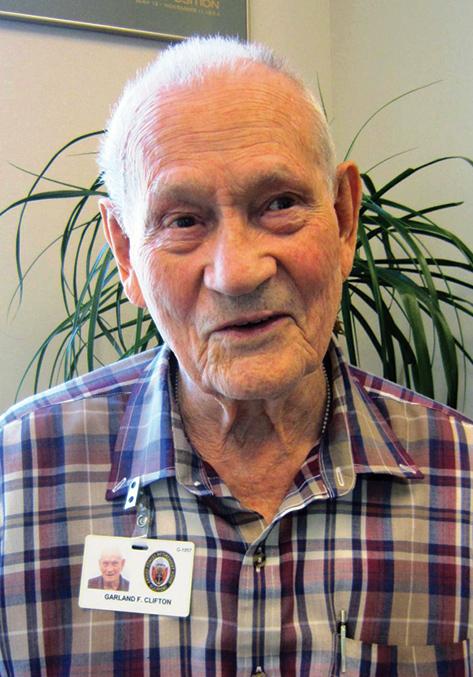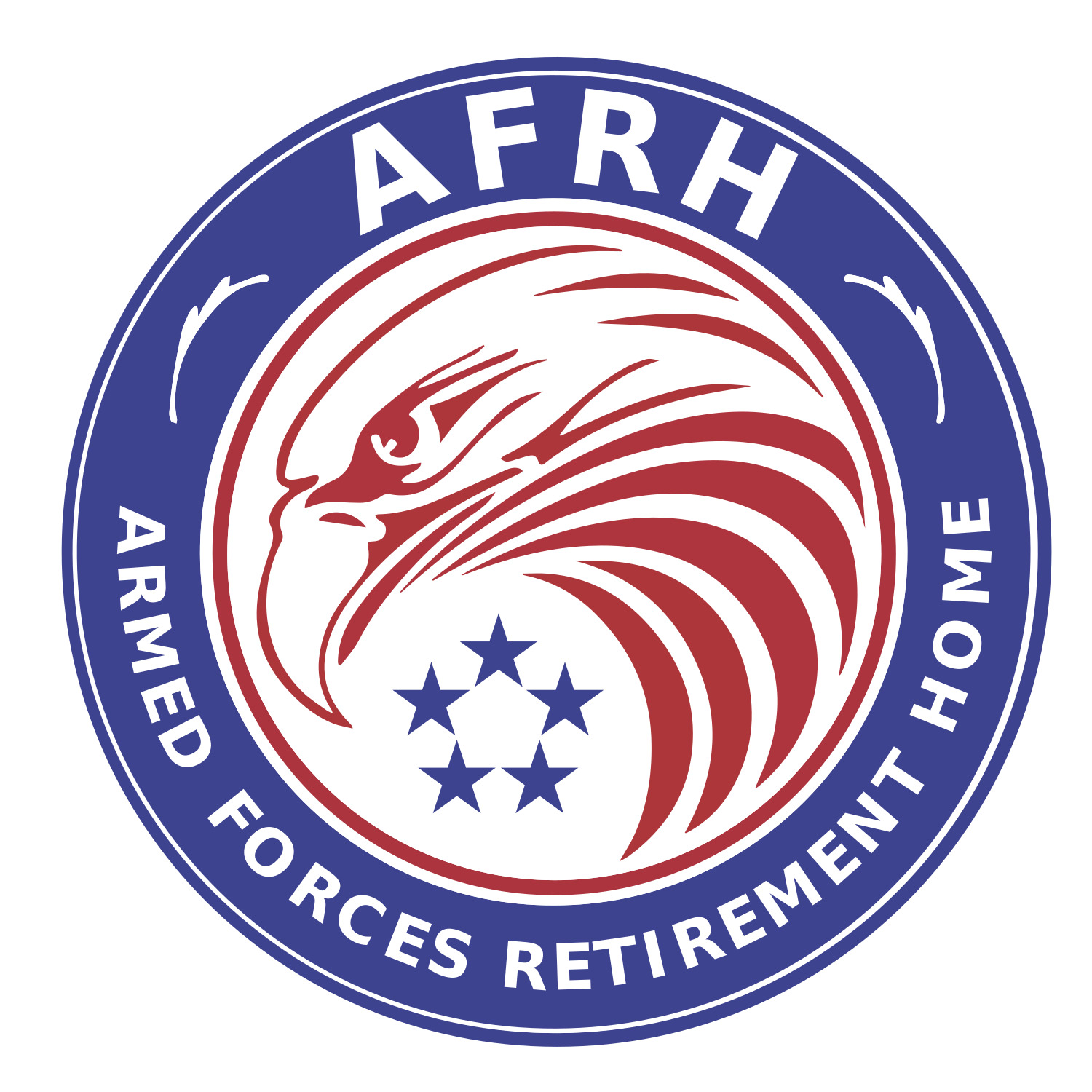
GARLAND FRANKLIN CLIFTON
BY RUBY WOODS-ROBINSON, M.S.L.S.
Garland Franklin Clifton born December 6, 1922, was one of fourteen children to Franklin K. and Hattie Mae Clifton in Yardelle, Arkansas.
On September 25, 1940, Private Clifton joined Company L 180th Infantry, 45th Division. On December 8, 1941 he entered Aircraft Armorers School in Denver, Colorado, and upon graduation he sailed to Australia. He was assigned to the 35th Fighter Squadron of the 8th Fighter Group and in mid-WWII transferred to the 432nd Fighter Squadron of the newly formed 475th Fighter Group. He spent 2 ½ years in New Guinea and the last year of WWII in the Philippines.
When you search the web for Garland Franklin Clifton you would find: "432nd Personnel - 475th Fighter Group Historical Foundation" www.475th.org/home/475th/432nd.M
The 475th Fighter Group has a very interesting history and an exciting History Museum in Arcadia, California. As a private, Garland's 432nd Squadron and the 475th Fighter group combined and was under the United States Air Force.
According to Wikipedia the 475th Fighter Group mission "was to provide intelligence information about hostile forces through tactical reconnaissance and use its fighter elements to destroy the targets earmarked by the intelligence data provided. The wing had numerous missions in the support area. The 432d TRW accounted for more than 80 percent of all reconnaissance activity over North Vietnam.
In addition to the reconnaissance mission, the 432d also had a tactical fighter squadron component, with two (13th Tactical Fighter Squadron, 555th Tactical Fighter Squadron) F-4C/D squadrons assigned. The squadrons flew strike missions over North Vietnam and the pilots and weapon systems officers of the 13 TFS and 555 TFS were credited with MiG kills."
Garland was discharged several times during his service for the convenience of the United States Government. His desire to serve his country resulted in subsequent re-enlistments until his retirement as a Master Sergeant while serving at Headquarters, Air Reserve Records Center, in Denver, Colorado. He retired on November 30, 1960.
During his military career he was awarded many medals and ribbons to include American Defense Ribbon, American Theater Ribbon, Asiatic Pacific Theater Ribbon Bronze Star, Silver Star, Philippine Liberation, and Victory Medal. Garland had overseas assignments at Bismarck Archipelago, East Indies; New Guinea and the Philippines. He was also stationed at the Air Reserve Records Center, Denver, Colorado and Randolph Air Force Base, at San Antonio, Texas.
Since 8 February 1961, Mr. Clifton has lived in one of the Armed Forces Retirement Homes. His first quarters at the Soldier's Home in Washington, D.C., were in the Anderson Cottage (known today as the Lincoln Cottage) in 1961. Then in 1962 he was transferred to the Scott Building.
Mr. Clifton has told residents and staff many humorous stories about his life in the Military. One that I found very humorous was when he was detached from Milne Bay, to Port Moresby, Papua, New Guinea to help out during the Battle of the Bismarck Sea on March 2- 4 of 1943, "Aircraft Armorers". Mr. Clifton states," that while on duty the night before the military person on guard duty heard a snake crawling through the jungle and thought the Japanese soldiers were sneaking up on them. They opened fire and fired about a ton of ammunition before they fired enough "low" rounds to kill the snake. But the snake kept wiggling and they kept firing until they thought they were fighting at least a Japanese regiment."
There might have been as many as 22 ships or as few as 16 in the Japanese convoy that the Americans fought/attached at the Battle of the Bismarck Sea. All of the Japanese troop transports and cargo transports were sunk and many of their warships were sunk. All sunk by American Air power. America didn't have any surface ships in the battle.
It was during the Battle of Bismarck Sea that the Americans tried out the new idea of "skip-bombing," i.e., dropping bombs in/on the water and letting them skip to/against the broadside of the target ship.
MSgt. Garland Franklin Clifton has written and published many Lyrics. One of them is "Substitute for Victory" about North and South Korea.
SUBSTITUTE FOR VICTORY
Just a little North of Seoul Korea
A substitute for victory lies
It's a DMZ from sea to sea
On the land and thru the skies
It's a line between two Koreas
It's a line between right and wrong
It's a line between feast and famine
And it never should have been drawn
One Korea has the Bomb
And food the other has got
Is that a recipe for
Peace or War or –what
That substitute for victory
It now seems plain to see
Could let both the buck and the Bomb
Stop right in front of you and me
Copyright 2006, Garland F. Clifton
- Log in to post comments
